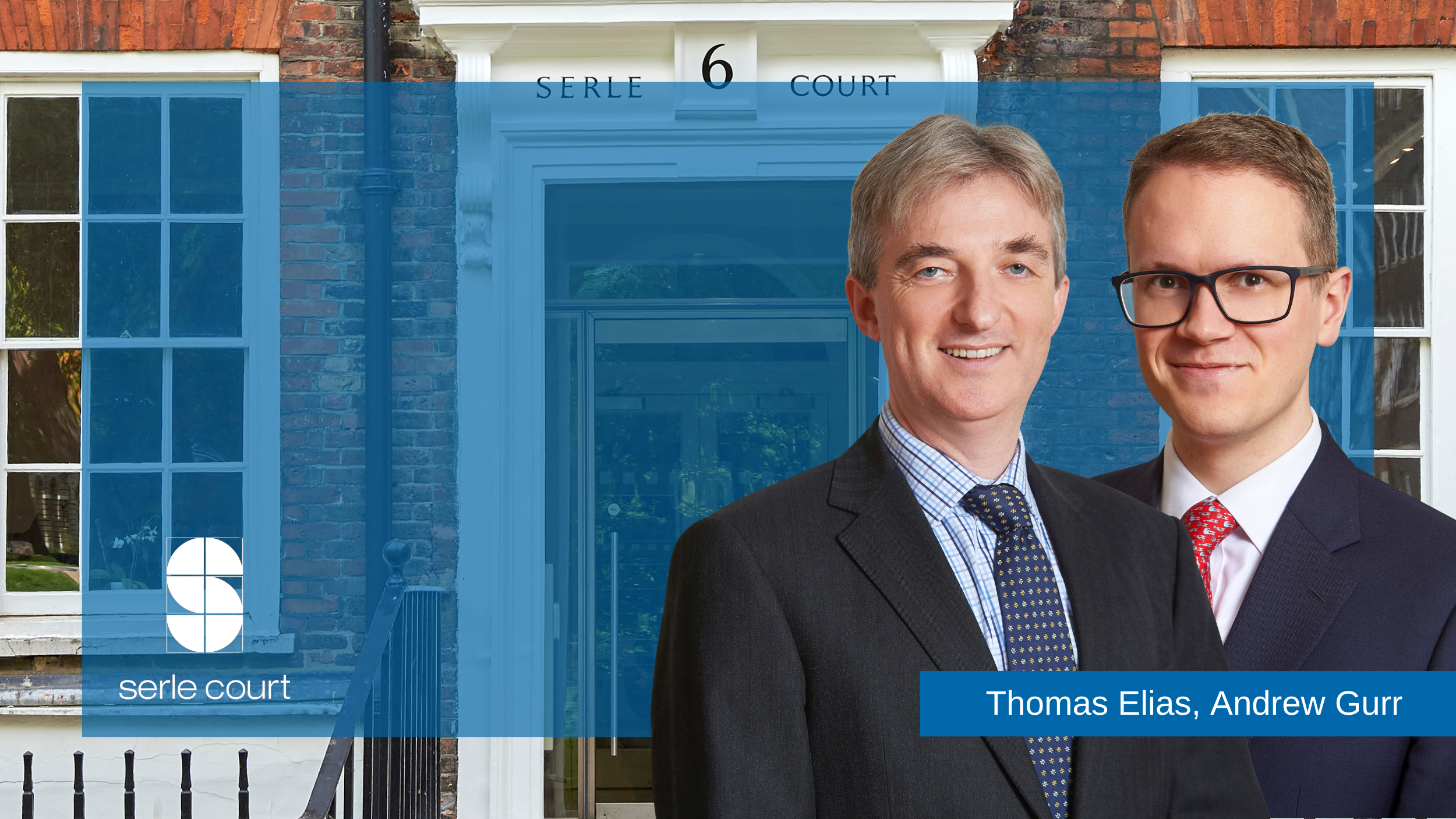Defendants succeed on s.423 claims in long-running litigation
On Wednesday 27th September, The High Court handed down judgment in Lemos v Church Bay Trust Company [2023] EWHC 2384 (Ch), following a 9 day trial before Joanne Wicks KC (sitting as a Deputy Judge of the High Court).
The Third Defendant was wholly successful at trial, following some 7 years of litigation. She was represented by Thomas Elias and Andrew Gurr of Serle Court, instructed by Andrew Wass and Laura Mattar at Withers LLP.
The proceedings concerned a claim under s.423 of the Insolvency Act 1986 brought in relation to a valuable property in Hampstead, which the Third Defendant and her husband have occupied for many years.
The property was purchased using funds provided by the Third Defendant’s father in 1981 and had been held by a Liberian bearer share company until it was settled on trust in 1994 as part of an estate planning exercise.
The husband’s trustees in bankruptcy, and his sister (a major creditor), brought proceedings alleging that the husband had been the sole owner of the Liberian company prior to the 1994 settlement. They sought an order that the whole net value of the property be paid into the bankrupt’s estate, on the basis that the 1994 settlement had been intended to defeat the interests of the husband’s creditors.
In a detailed judgment, Joanne Wicks KC found that the shares in the Liberian company that owned the property had always been held on express trust for the Third Defendant, and that the husband had not intended to defeat the interests of his creditors when the shares were settled on trust in 1994.
The judgment may be of particular interest to practitioners as it contains a detailed consideration of the steps which a party must take in order properly to allege at trial that a document is forged—see paragraphs [32]-[51]. The factual history is also unusual: the case is an interesting application of the principles applicable to the creation of express trusts where property is held within corporate structures in a family setting.
To read the judgment, please click here.






